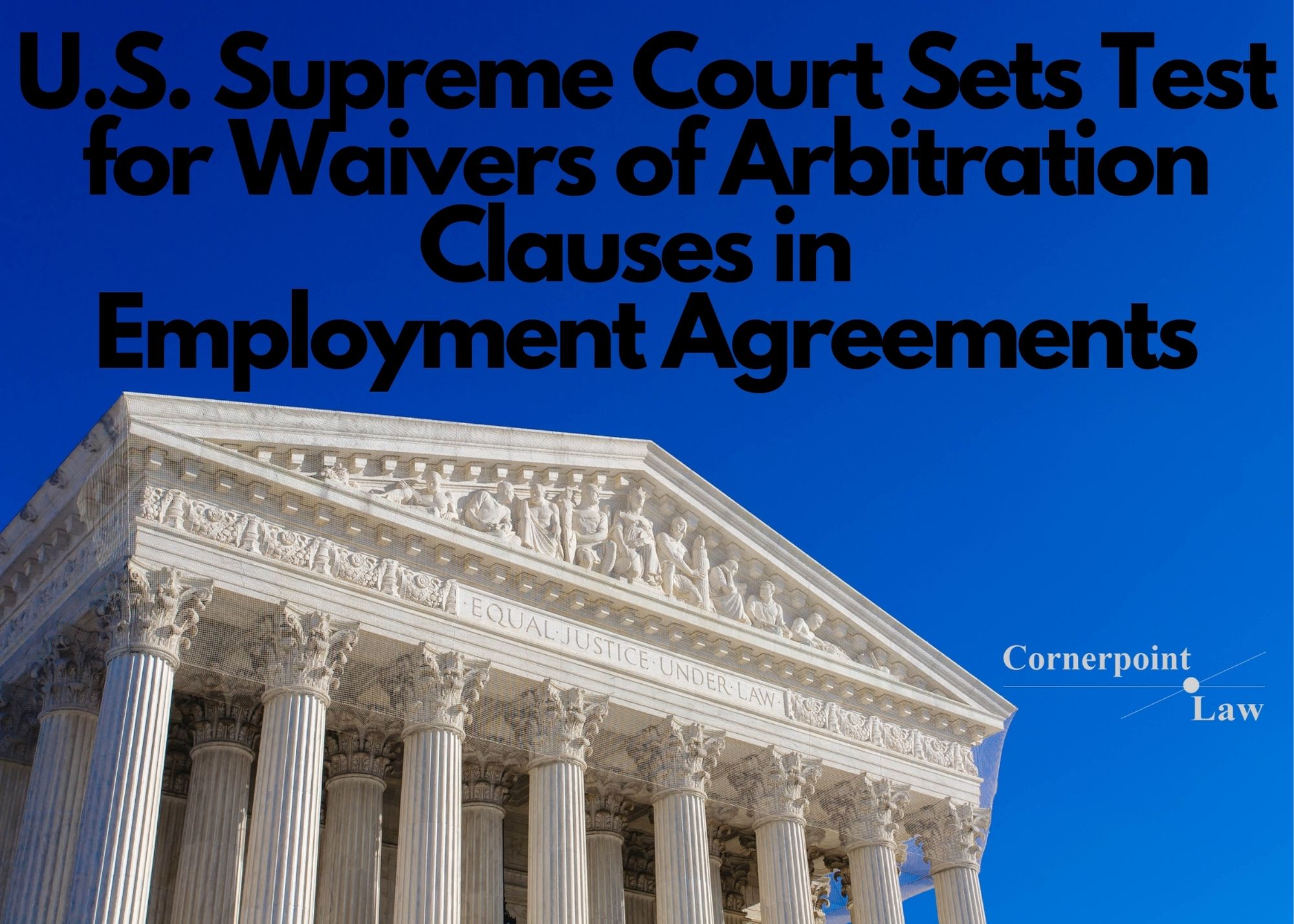The Playbook: Introduction
May 6, 2016
Unauthorized use and/or duplication of blogposts without express and written permission is strictly prohibited. Excerpts and links may be used, provided that full and clear credit is given, and with appropriate and specific direction to the original content.
The author of this post can be reached by phone at 206-693-2718 or by email.
Legal Lessons Learned from Steve Sarkisian & USC
Part One: Kick Off
by Stacia Hofmann
Former University of Southern California head football coach Steve Sarkisian’s wrongful termination and breach of contract lawsuit against USC was interesting to me as an attorney and as a member of the Trojan family.
As you may recall, last year, Sarkisian appeared intoxicated at a pre-season booster event, and he was subsequently suspected of being drunk at the USC/Arizona State game and at a team meeting. Reports of Sarkisian’s alcohol use, including while serving as head coach of the University of Washington, surfaced on the Internet.1
USC fired Sarkisian in mid-October 2015. About two months later, Sarkisian filed a lawsuit, claiming that he was wrongfully terminated because of an alcohol dependency disability.2 Before the case got very far, it was moved from the court (where documents and hearings are public information) to private arbitration, per the employment contract between USC and Sarkisian.3 Perhaps the parties will arbitrate the case, but my guess is that a confidential settlement will be reached before it progresses that far. We will likely never know the specifics.
But what if Sarkisian had stayed at University of Washington, and a similar situation had arisen? Over the coming weeks, I will be writing a series of blogposts about the primary issues in Sarkisian’s claims against USC, and how they might be viewed under Washington law.4 I will be discussing at-will vs. contractual employment, arbitration clauses, and protected disabilities in Washington. Join me then and Go Trojans!
This blog is for informational purposes only and is not guaranteed to be correct, complete, or current. The statements on this blog are not intended to be legal advice, should not be relied upon as legal advice, and do not create an attorney-client relationship. If you have a legal question, have filed or are considering filing a lawsuit, have been sued, or have been charged with a crime, you should consult an attorney. Furthermore, statements within original blogpost articles constitute Stacia Hofmann’s opinion, and should not be construed as the opinion of any other person. Judges and other attorneys may disagree with her opinion, and laws change frequently. Neither Stacia Hofmann nor Cornerpoint Law is responsible for the content of any comments posted by visitors. Responsibility for the content of comments belongs to the commenter alone.




